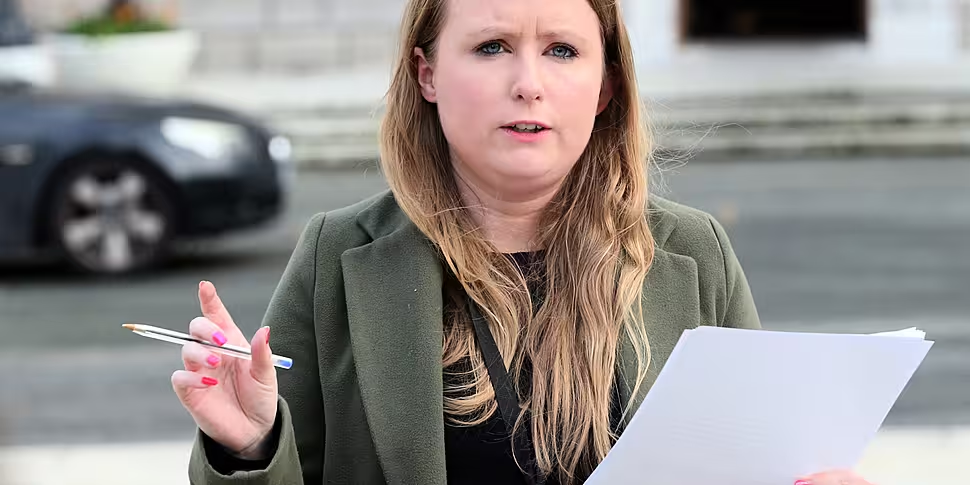Sinn Féin is renewing its call for high earners to pay a solidarity tax.
The party says those earning above €140,000 a year should pay it.
It comes after the International Monetary Fund said increased taxes should be considered in Ireland post-COVID.
The IMF said the tax base needs to be broadened, while more money will need to be spent on the likes of affordable childcare and housing.
Previously, the organisation has said a temporary tax should be considered to boost the perception that everybody is contributing to the recovery.
Some opposition TDs have previously called for tech giants to pay a solidarity tax.
Mairéad Farrell - Sinn Féin’s spokesperson on Public Expenditure and Reform - told Newstalk Breakfast her party believes a solidarity tax on high earners is a fair way of boosting the Exchequer's funds.
She said: “It’s good to see the penny has finally dropped with the IMF - we do need to build ourselves out of this crisis.
“The IMF has also said very clearly we do need a solidarity tax.
"We can’t have a situation where does who’ve suffered greatly as a result of this crisis also need to pay greater amounts and suffer even more greatly.”
Deputy Farrell said what’s key from the IMF report is that Ireland can afford a bigger State, including in areas such as housing and infrastructure.
She said: “We need to realise that coming out of this crisis we’re going to have a huge crisis in terms of unemployment.
“A very good way of dealing with that unemployment crisis is by increasing capital expenditure - dealing with the infrastructure problems we already have, and creating employment.”
Gerard Howlin - public affairs consultant, Sunday Times columnist and former senior political adviser - said he’s sceptical a solidarity or wealth tax will work.
He said: “I’m very sceptical whether it would come remotely close to what was needed before the last election and the COVID pandemic - and it’s absolutely certain it won’t come remotely close to the much greater need that is emerging now.”
Mr Howlin said the “critical message” is to broaden the tax rate - which means more types of taxes, rather than higher rates for some groups.
He argued that Ireland is one of the few European countries to not have water charges, while the property tax is “unfit for purpose”
He also said there are no fees for third-level education and Exchequer funding for the sector is inadequate - suggesting “our university standards are subsiding” as a result.









